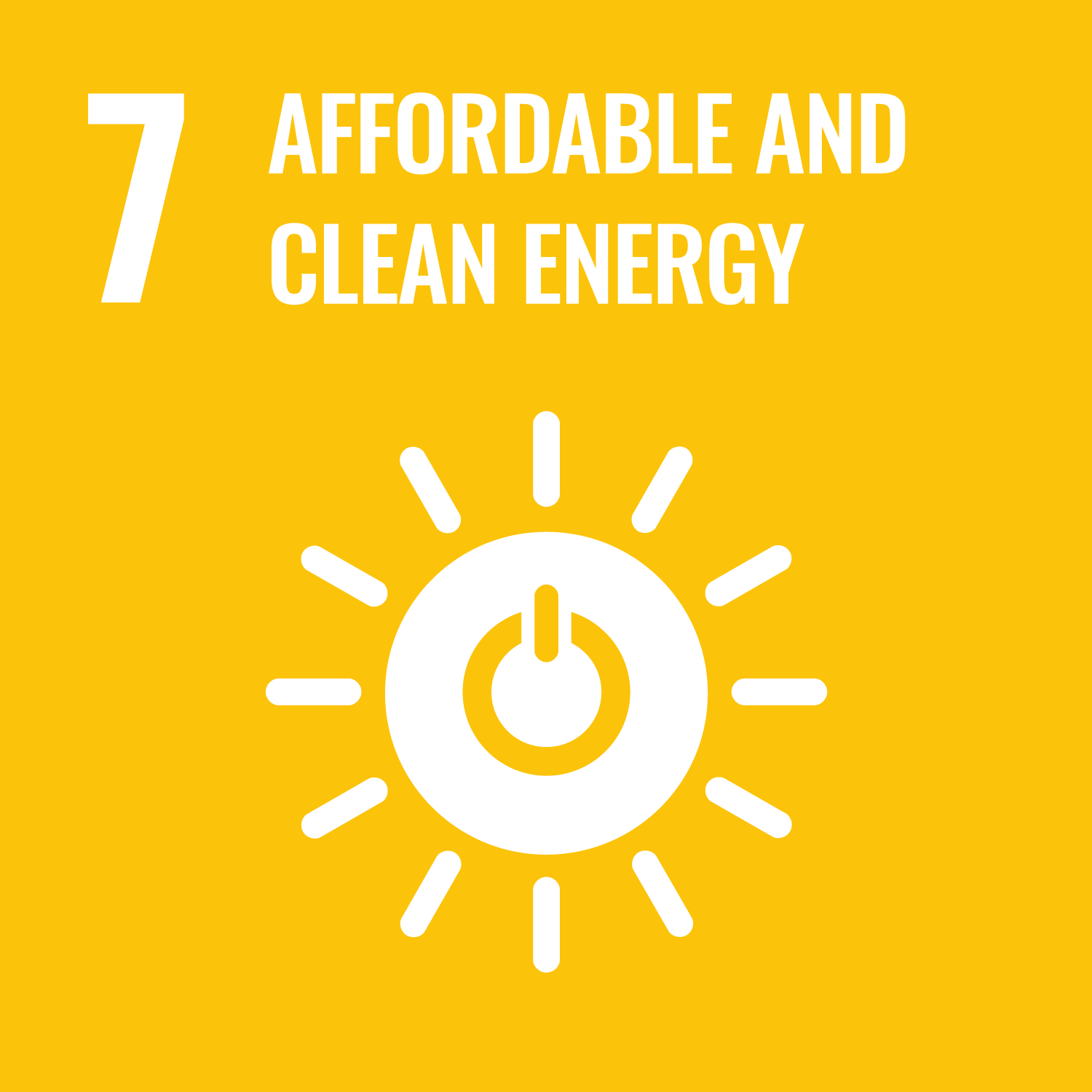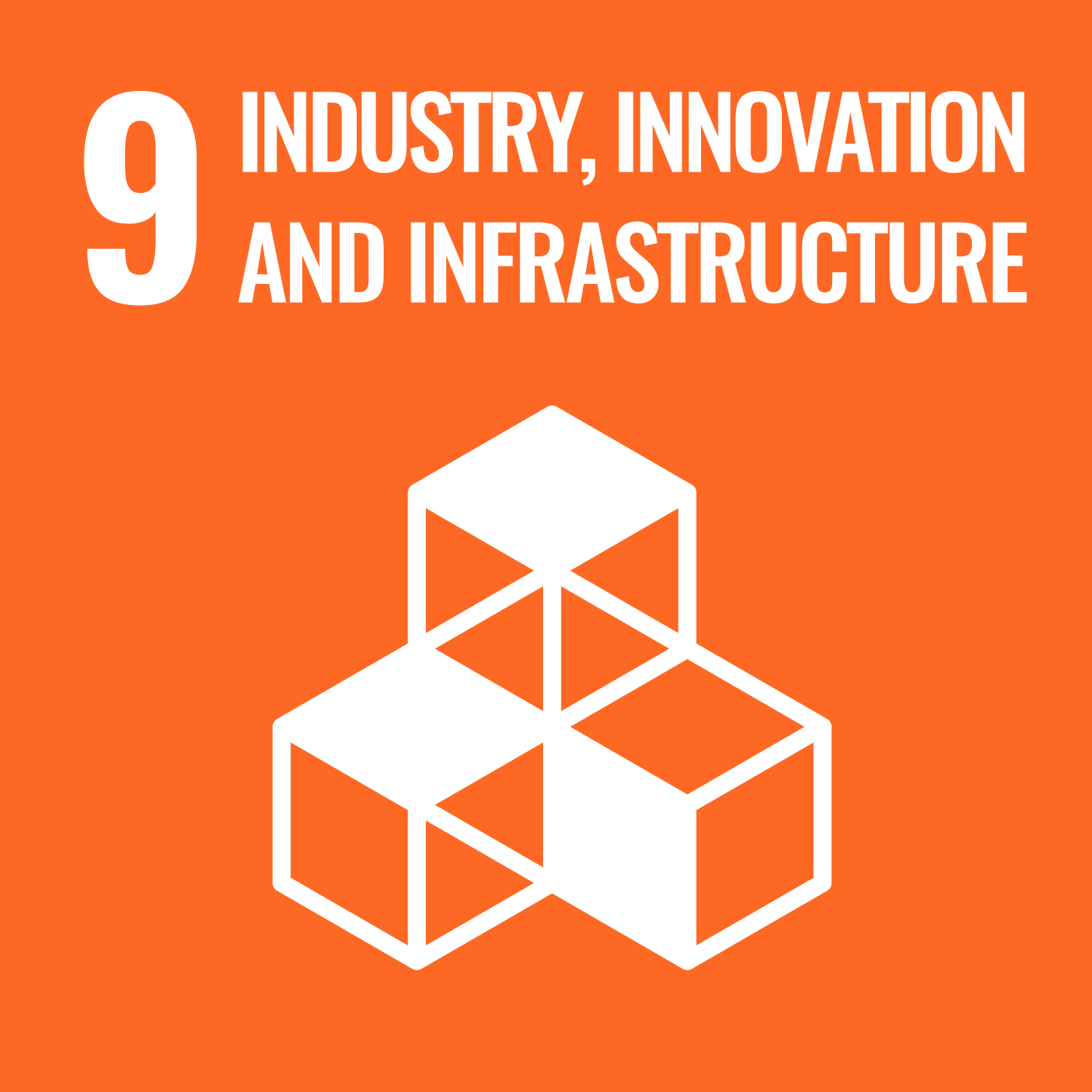ORCID
- Giuliano M. Laudone: 0000-0001-6966-1163
- Katie L. Jones: 0000-0002-5999-8472
Abstract
Characterizing materials with low surface areas or with very small sample sizes requires innovative approaches beyond traditional N2 and Ar adsorption measurements. The measurement of Kr adsorption isotherms is often employed to serve this purpose, yet its potential remains limited by the lack of models for the interpretation of the experimental results in terms of pore size distribution. In this work, simulated adsorption isotherms of Kr onto graphite in slit-shaped pores are generated with a Grand Canonical Monte Carlo method. The pore size distributions of nuclear-grade graphite samples and activated carbon are modelled by fitting simulated isotherms to the experimental data. The resulting distributions are favourably compared with those generated by commercially available modelling packages, based on the use of N2 adsorption isotherms using GCMC and BJH methods. The new GCMC-Kr kernel developed in this study offers an alternative method for the evaluation of the distribution of pore sizes in nuclear graphite and other low surface area materials, which can be employed when N2 and Ar adsorption measurements cannot be carried out.
DOI Link
Publication Date
2023-09-04
Publication Title
C-Journal of Carbon Research
Volume
9
Issue
3
Acceptance Date
2023-08-23
Deposit Date
2023-10-10
Additional Links
Keywords
activated carbon, GCMC, krypton adsorption, modelling, nuclear graphite, pore size distribution
First Page
86
Last Page
86
Recommended Citation
Laudone, G., & Jones, K. (2023) 'A Grand Canonical Monte Carlo Simulation for the Evaluation of Pore Size Distribution of Nuclear-Grade Graphite from Kr Adsorption Isotherms', C-Journal of Carbon Research, 9(3), pp. 86-86. Available at: 10.3390/c9030086




